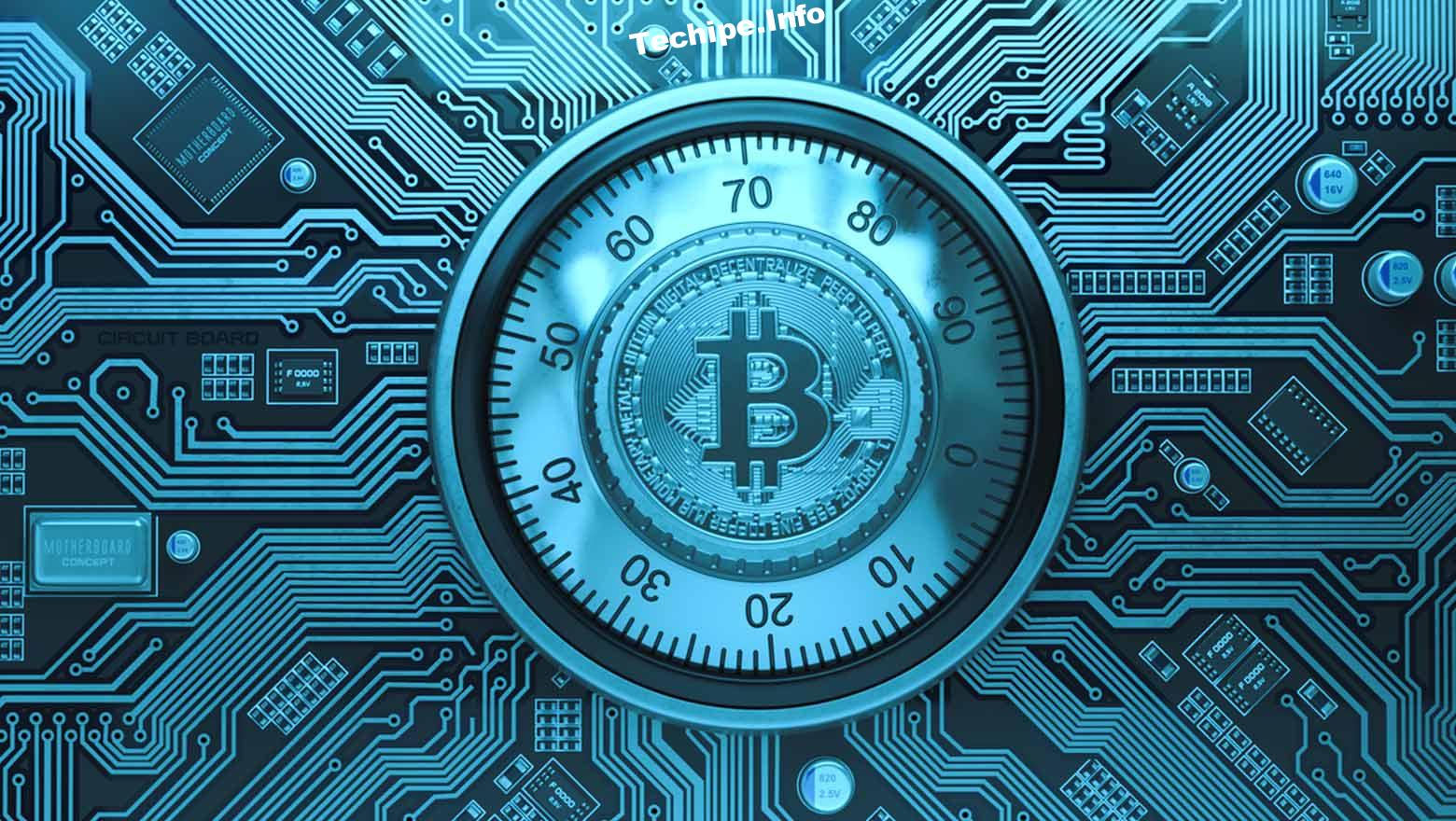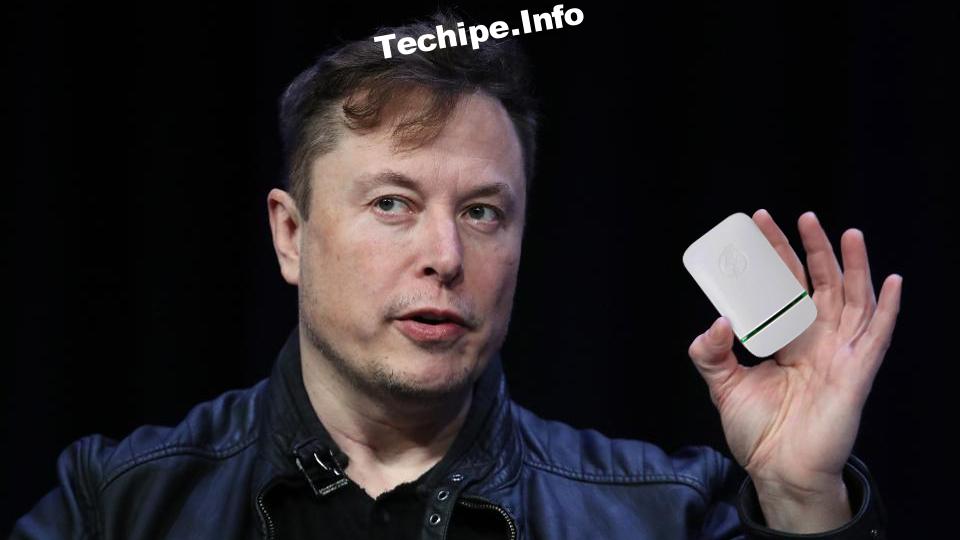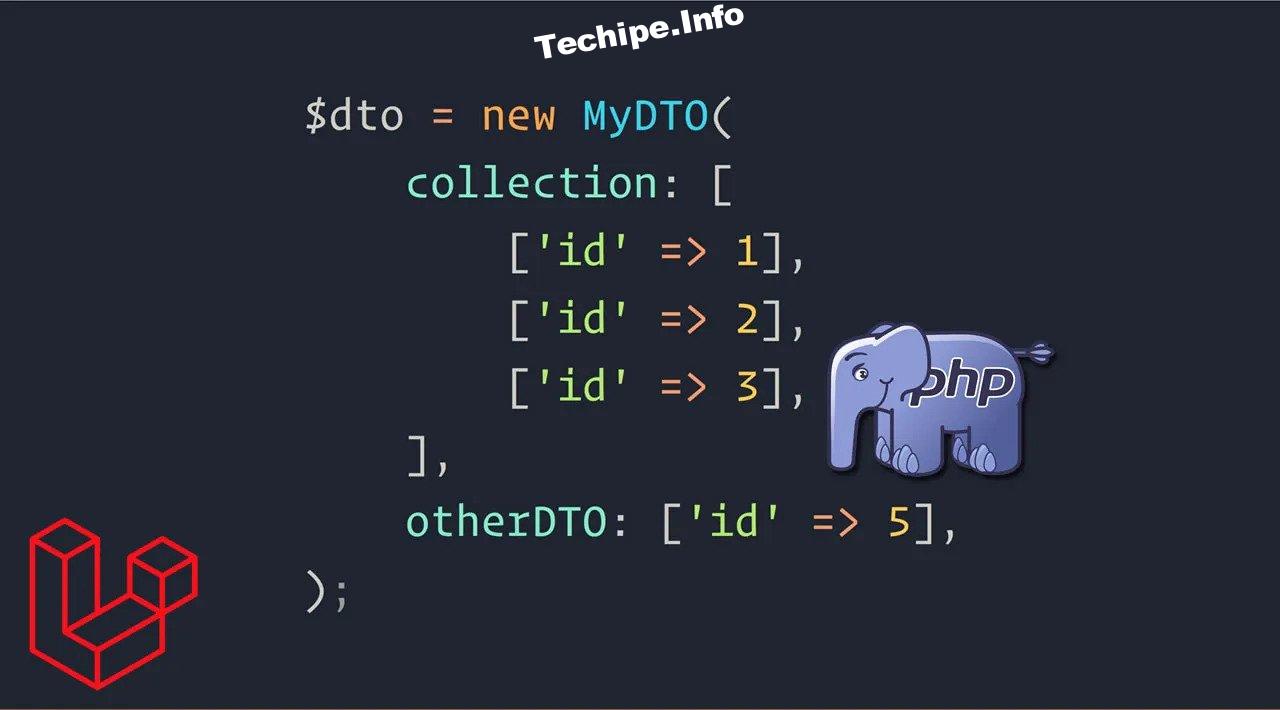Introduction
We will delve into the world of blockchain security jobs and explore the key roles and responsibilities of professionals in this dynamic field. In the ever-evolving landscape of digital technology, blockchain has emerged as a revolutionary concept that promises secure and transparent transactions. As the adoption of blockchain technology continues to surge, the demand for skilled professionals who can ensure its security becomes increasingly vital. In this article.
Understanding Blockchain Security
What is Blockchain?
Blockchain is a decentralized, distributed ledger technology that maintains a continuously growing list of records, called blocks. These blocks are linked using cryptography, ensuring the immutability and security of data.
The Importance of Blockchain Security
As blockchain gains prominence across various industries, the need to protect sensitive information and digital assets becomes paramount. Blockchain security professionals play a crucial role in safeguarding transactions, preventing data breaches, and maintaining the integrity of the system.
Exploring Blockchain Security Jobs
Blockchain Security Analyst
A blockchain security analyst is responsible for identifying potential vulnerabilities in blockchain networks and implementing effective measures to mitigate risks. They conduct regular security audits and collaborate with developers to fortify the system against cyber threats.
Cryptography Expert
Cryptography experts design and implement cryptographic algorithms to secure data on the blockchain. They play a vital role in ensuring the confidentiality and authenticity of transactions.
Smart Contract Auditor
Smart contracts are self-executing contracts with the terms directly written into lines of code. A smart contract auditor reviews these codes to detect bugs or vulnerabilities that could be exploited.
Blockchain Penetration Tester
Penetration testers attempt to breach the blockchain system’s security to identify weak points and assess its resilience to potential attacks. They provide valuable insights to enhance the overall security infrastructure.
Security Operations Center (SOC) Analyst
SOC analysts monitor blockchain networks in real-time, analyze security alerts, and respond swiftly to incidents. They play a crucial role in ensuring the rapid detection and containment of security breaches.
Incident Response Specialist
In the event of a security breach, incident response specialists lead efforts to investigate, contain, and recover from the attack. Their swift actions are vital to minimizing damages and restoring normalcy.
Releted Post: Blockchain Security Companies: Safeguarding the Decentralized World
Becoming a Blockchain Security Professional
Education and Training
A career in blockchain security often requires a strong foundation in computer science, cryptography, or cybersecurity. Many professionals pursue certifications specific to blockchain security to showcase their expertise.
Gaining Practical Experience
Hands-on experience is invaluable in the field of blockchain security. Engaging in real-world projects and internships can provide aspiring professionals with the skills and confidence needed to excel.
Keeping Abreast of Trends
Blockchain technology is continually evolving, and so are security threats. Staying updated with the latest trends and advancements is essential for blockchain security professionals.
Challenges in Blockchain Security
Scalability Concerns
As blockchain networks grow, scalability becomes a challenge. Security professionals need to ensure that security measures are not compromised while scaling the system.
Regulatory Compliance
Blockchain security professionals must adhere to regulatory standards, which can vary across industries and regions.
Human Error and Social Engineering Attacks
Despite robust security measures, human error and social engineering attacks remain a persistent threat to blockchain systems.
Conclusion
The rise of blockchain technology has ushered in a new era of secure and transparent transactions. The critical role played by blockchain security professionals ensures the continued growth and adoption of this transformative technology.
FAQs
What qualifications are required to become a blockchain security analyst?
To become a blockchain security analyst, one typically needs a degree in computer science, cybersecurity, or a related field, along with relevant certifications in blockchain security.
How much do blockchain security professionals earn?
The salary of blockchain security professionals varies depending on their experience and expertise. On average, they can earn a competitive salary compared to other IT professionals.
Are there online courses available for learning blockchain security?
Yes, there are numerous online courses and certifications available for individuals looking to learn blockchain security.
What industries require blockchain security professionals the most?
Industries such as finance, healthcare, supply chain management, and government sectors have a high demand for blockchain security professionals.
Can blockchain technology be completely hack-proof?
While blockchain technology offers a robust security framework, claiming it to be entirely hack-proof would be impractical. However, continuous improvements in security practices aim to make it increasingly secure.








Leave a Reply